It’s true that the holiday season is a time to share with your loved ones and maybe even spoil them. Delicious holiday meals are a big part of that tradition. You may be tempted to spread the scrumptious holiday cheer to your furry friends, because they’re a part of the family, too, right?
But, before you go giving Fido a dollop of that grape stuffing, read this. These foods that we put on our own plates are health hazards to pets.
1.) Chocolate
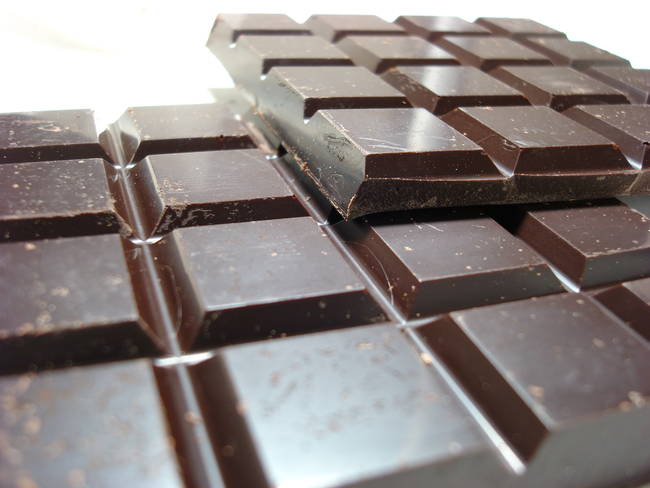 share
share
The darker the chocolate, the more dangerous it is for your pet.
2.) Coffee and Caffeine
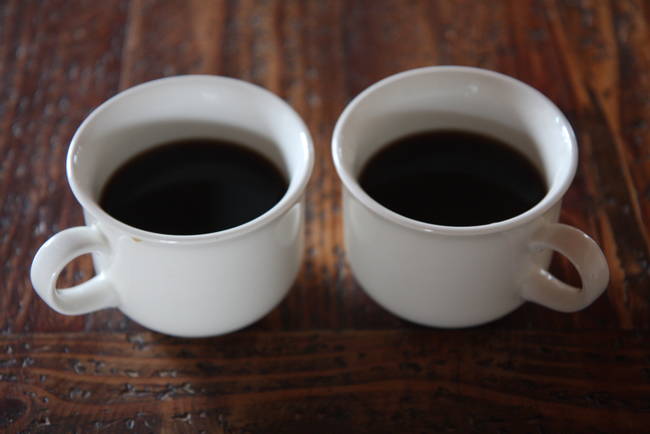 share
share
Chocolate, coffee, and caffeine all contain methylxanthines, a substance found in the cacao seed. This substance can lead to your pet having tummy issues, excessive thirst and urination, hyperactivity, an abnormal heart beat, tremors, seizures, and sometimes even death. In other words, let your cat enjoy his nap; no need to wake him up with a mocha cappuccino on Christmas morning.
3.) Alcohol
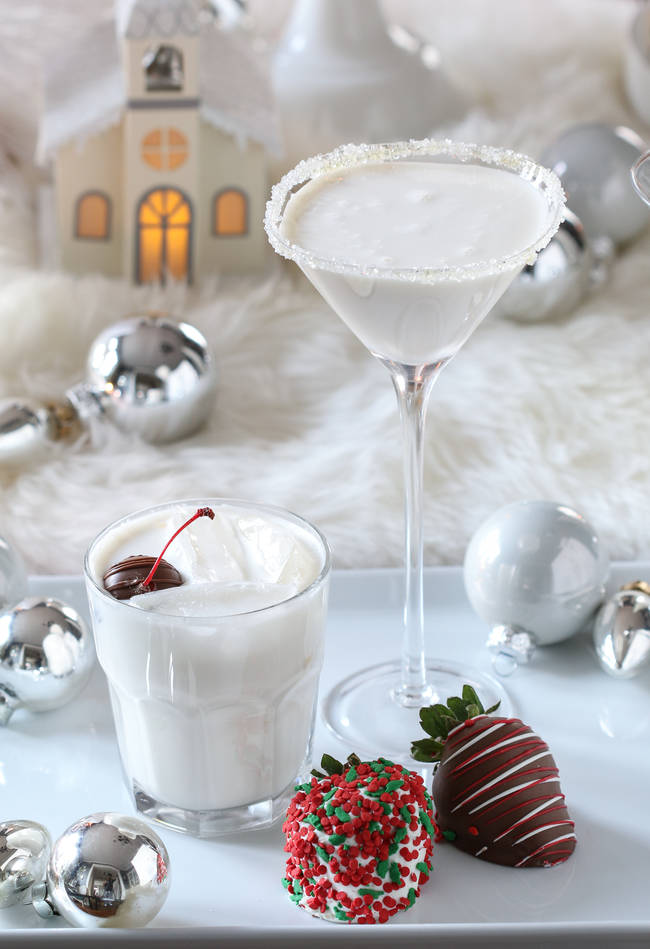 share
share
Who doesn’t love sipping on a refreshing holiday drink while bundled up by the fire? But, even if your pet is looking at you longingly with those big puppy dog eyes, don’t give in. Even a tiny taste of a food or drink containing alcohol can wreak havoc on your pet’s body. No eggnog or rum cake for Fluffy.
4.) Avocado
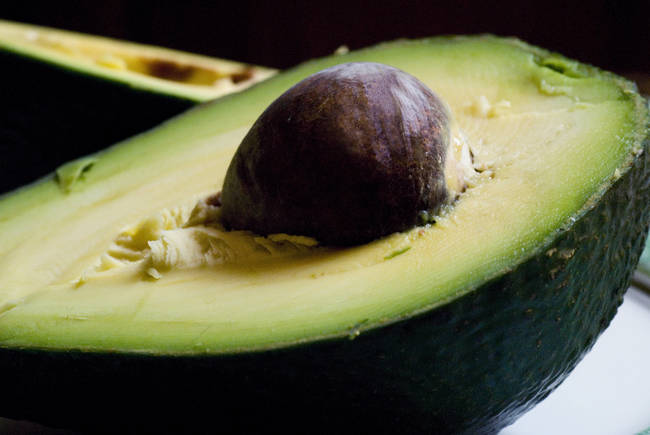 share
share
I don’t care HOW good your guacamole recipe is, avocados contain persin, which can cause digestive issues in dogs. Birds and rodents are particularly sensitive to persin poisoning.
5.) Macadamia Nuts
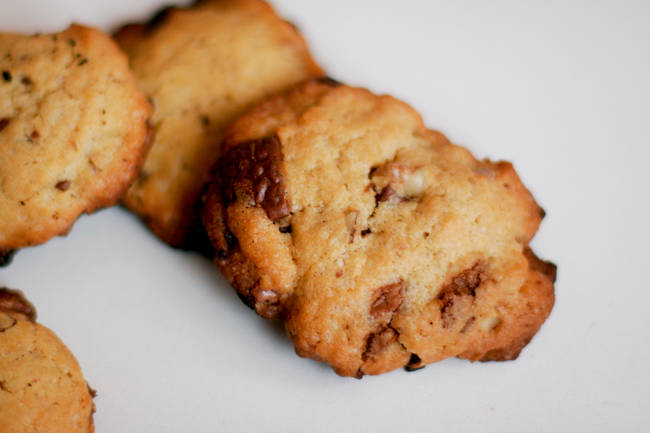 share
share
Nuts and Chocolate are a match made in cookie heaven, but sadly you can’t share your glorious creation with your pet. Macadamias have been known to cause weakness, depression, vomiting, tremors, and hyperthermia in dogs, and the symptoms can last up to 48 hours.
6.) Grapes and Rasins
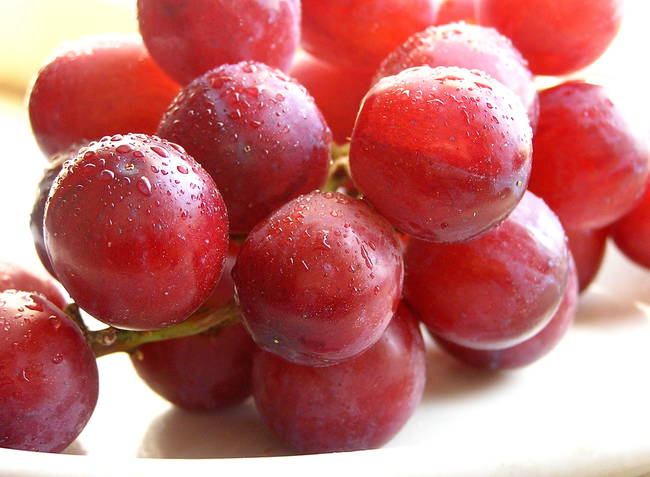 share
share
Grapes and raisins can cause kidney failure in pets, so keep that stuffing safe.
7.) Yeast Dough
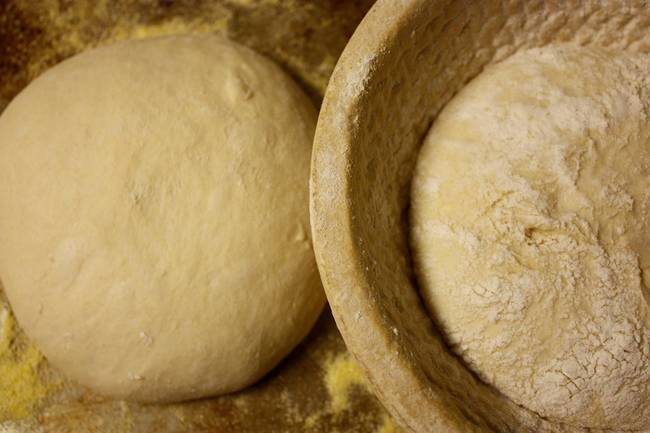 share
share
Don’t let your pet hop up on the counter and steal your homemade bread before it goes into the oven. The gaseous qualities of the yeast can do real damage to your pet’s digestive system, even causing the stomach or intestines to rupture. Once cooked, it’s ok to share some scraps of bread, but no more than 5-10% of their diet should consist of bread.
8.) Raw or Undercooked Meat, Bones, or Eggs
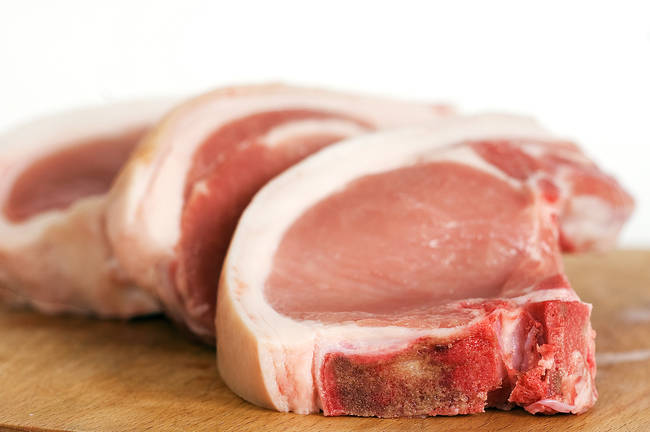 share
share
While it might not seem like a terrible idea to let your pet get in touch with his or her ancestor’s wild ways, it’s really not ok to give them raw meat or eggs for the same reasons you don’t want to eat them (Salmonella and E. coli).
9.) Xylitol
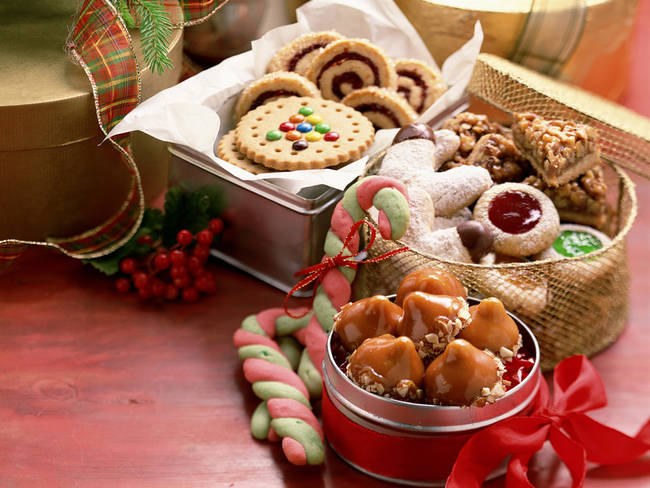 share
share
“What’s Xylitol? I don’t eat that,” is what you’re probably thinking, but chances are you ingest it more often than you think. It’s a sweetener used in gum, candies, and baked goods, and it can increase your pet’s insulin to dangerous levels, causing liver failure and other complications.
10.) Onions, Garlic and Chives
 share
share
These vegetables and herbs are included in so many recipes, but they can be harmful to our furry friends. While cats are more susceptible to gastrointestinal irritation and red blood cell damage, dogs can also be affected. Just remind them that you’re sparing them from garlic breath.
11.) Milk
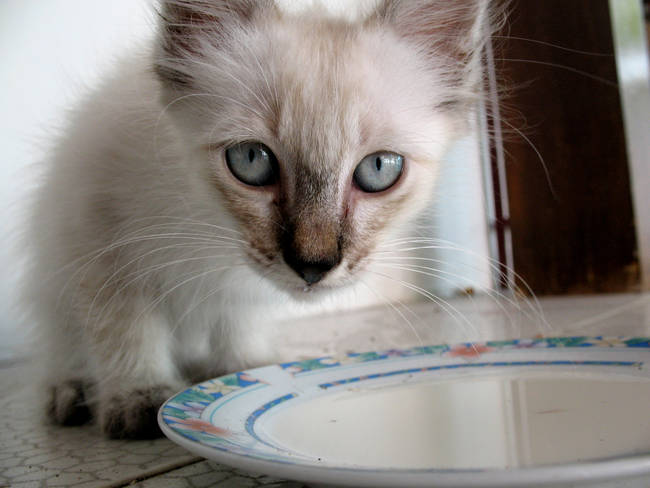 share
share
Milk is thought to be the classic go-to to feed hungry kittens, but the truth is that lactose can cause digestive problems that won’t be fun for you or your pet. Turns out, our pets don’t have as much lactase, the enzyme that breaks down lactose, as we do.
12.) Salt
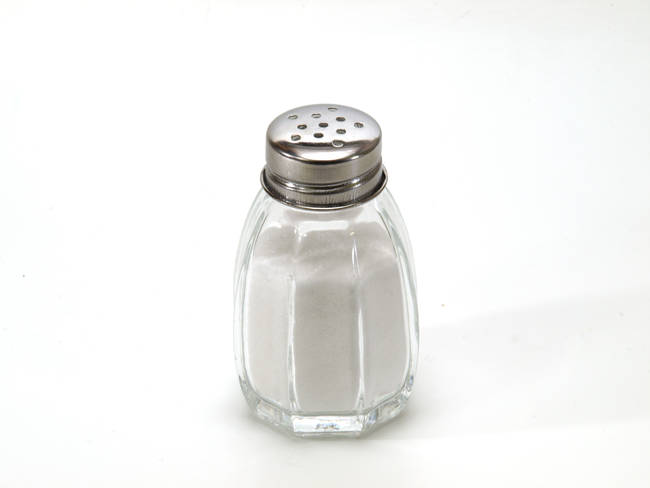 share
share
While a dash of salt makes almost anything taste good, too much of it can cause sodium ion poisoning in your pet, as well as dehydration and excessive urination.
But cheer up, pup.
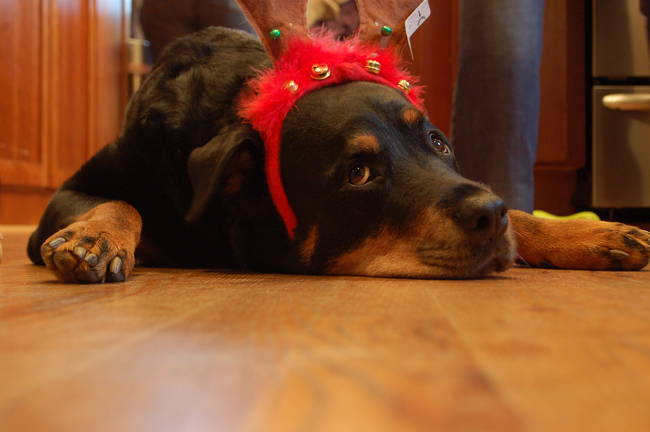 share
share
I’m sure your human will dish out an extra helping of your favorite kibble on Christmas morning.
It may seem sad to deprive your furry family member of your favorite holiday treats, but you wouldn’t want to put them in jeopardy. Even though we often talk to our pets, dance with them and dress them up in clothing, we still have to understand that they aren’t in fact, humans. What will you feed your pet in lieu of these toxic ingredients?
 share
share
 share
share
 share
share
 share
share
 share
share
 share
share
 share
share
 share
share
 share
share
 share
share
 share
share
 share
share
 share
share



